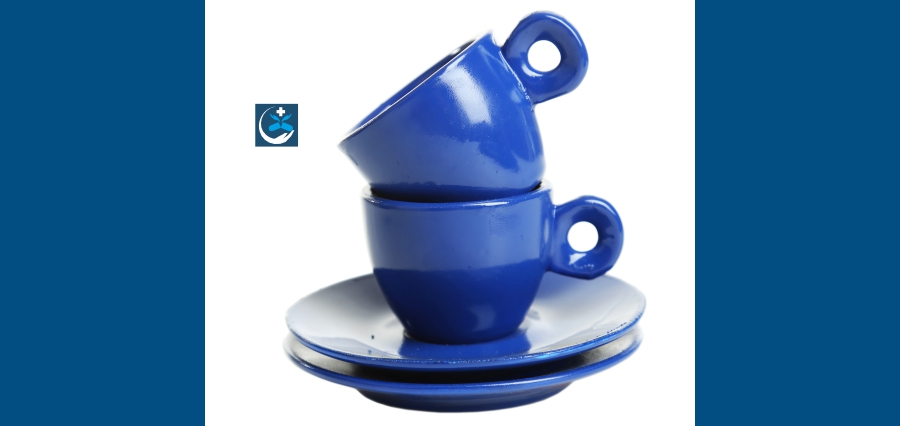Positive findings from a phase 1 research evaluating OLX10212’s safety and tolerability for the treatment of age-related macular degeneration (AMD) were released by OliX Pharmaceuticals, Inc. This phase 1 study assessed the safety and tolerability of OLX10212 in individuals with neovascular AMD. It was a multi-center, single-dose, dose-escalating study. The study’s safety and tolerability were evaluated over a total of 24 weeks, comprising 2 weeks of systemic and ophthalmologic assessments during the dose-limiting toxicity (DLT) evaluation period and an additional 22 weeks of clinical follow-up.
A single intravitreal injection of OLX10212 at dose levels ranging from 100μg/eye/50μL to 950μg/eye/50μL was given to each of the 15 trial participants. Any negative effects associated with OLX10212 were noted either during the DLT phase or up to 24 weeks after injection during the follow-up phase. Systemic effects did not show up. As might be expected for intravitreal injections, sporadic ocular side effects were brief, moderate, and connected to the dose administration process.
Best corrected visual acuity (BCVA) increases from baseline during follow-up were included in the preliminary efficacy evaluations. The dose ranges found in this study are appropriate for assessing efficacy testing in upcoming clinical trials.
“OliX and its Ophthalmology Division are strongly committed to use our proprietary siRNA platform technology to advance the development of novel, safe, and effective treatments for our patients,” stated Dong Ki Lee, PhD, CEO of OliX, in a press release, expressing his delight for this study. We are really happy with the results of this first-in-human experiment, which involved treating patients with wet AMD with OLX10212. The program’s next steps are reassured by the good safety and tolerability findings and the positive early improvement in BCVA. We are also optimistic that OLX10212, with its unique mode of action, may be beneficial in the treatment of AMD patients.
OliX’s advisor and Harvard Medical School’s Director of Retina Services, Demetrios G. Vavvas, MD, PhD, also emphasized the significance of this trial in the press release. He declared, “Adding this technique to our arsenal of therapies is made possible by the safety findings from this first asymmetric siRNA in human eyes. I am eager for these trials to move on to their next level.
The trial’s participant, Veeral Sheth, MD of University Retina and Macula Associates P.C., stated: “We have made significant progress in addressing the issue of blindness due to macular degeneration, but there is still a noticeable discrepancy between the results of controlled clinical trials and those seen in routine clinical practice. This fact drives our quest for cutting-edge treatment solutions that provide our patients increased safety, efficacy, and quality of life. The promising safety and tolerability outcomes from the Phase 1 study, along with the unique mechanism of OLX10212, give considerable hope for the treatment’s advancement in the field of wet macular degeneration therapy.
Read More: Click Here







